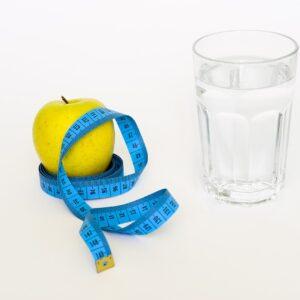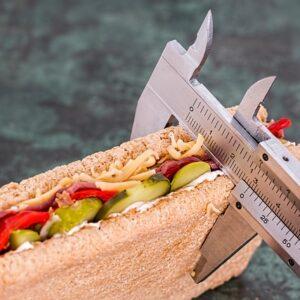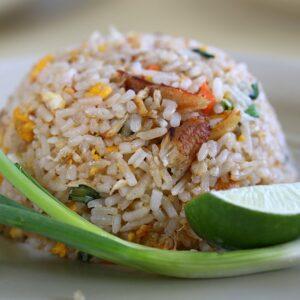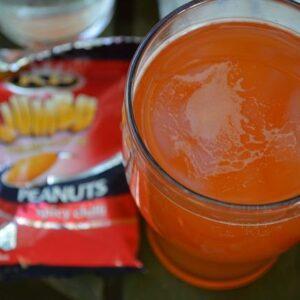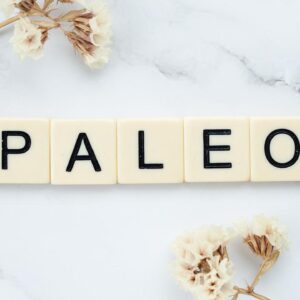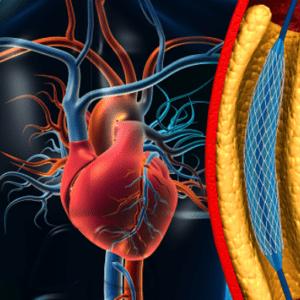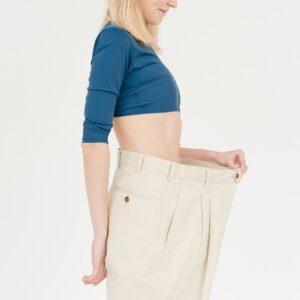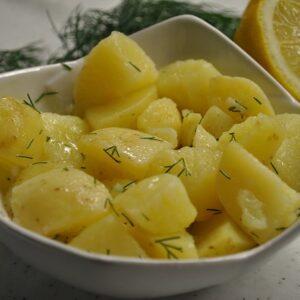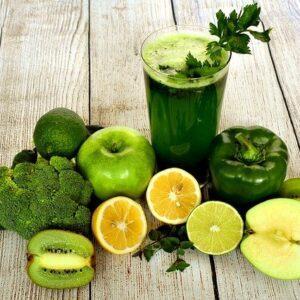Fiber: An Important Part of the Diet
Deciding what type of fiber to take for constipation is important. But how to take fiber for constipation? Let’s look at what type of fiber is available.
There are soluble and insoluble fiber. Soluble fibers are readily digested, and can have a laxative effect. Insoluble fibers are not easily broken down in the small intestine, and may cause gas or no effect on the bowels.

Soluble fibers are commonly taken in supplement form to improve health and reduce constipation. They should be taken with food, as they will not provide the same benefits if taken in normal doses without fiber-containing foods.
The recommended fiber intake for adults is 25–35 g per day (1/3 cup cooked rice or 1/2 cup cooked oatmeal). However, there is a limit to how much fiber can be eaten comfortably which varies from person to person. Fiber must also be consumed in combination with other nutrients, such as calcium or magnesium. Some people benefit from taking these supplements along with or instead of fiber this depends on your genetic makeup.
Most people are able to digest dietary fibers well enough that they do not need supplemental sources of these nutrients. Some people may need a little extra help with their digestion. But will benefit from eating nutrient-dense foods regularly such as whole grains and fruits. Thus, they consume enough dietary fiber themselves. People who have difficulty digesting dietary fibers may need assistance with this process through medication or diet changes.
Fiber Supplements for Constipation
The above is a pretty well-known problem, but it is not an isolated case. When thinking about constipation, people often think about the subject in terms of the effects it has on a person’s bowel movements. But constipation has many other effects as well:
• Constipation can cause muscle pain, weakness and cramps.
• It can lead to difficulty getting through bowel movements, feeling like you are trying to run a marathon.
• This also can lead to diarrhea and water retention. Undigested fiber builds up in the stomach, which then gets absorbed through the intestines.
Our problem is that we don’t have a clear answer for how fibers affect these things. Since we cannot get rid of fiber, we are left with using fiber supplements. But there are two problems with this approach:
1) Fiber supplements do not work as well as prescription drugs
2) Fiber supplements can cause other problems (such as liver and kidney damage or increased risk of colon cancer). So, what should you choose? First, let’s take a look at fiber intake from fruits and vegetables.
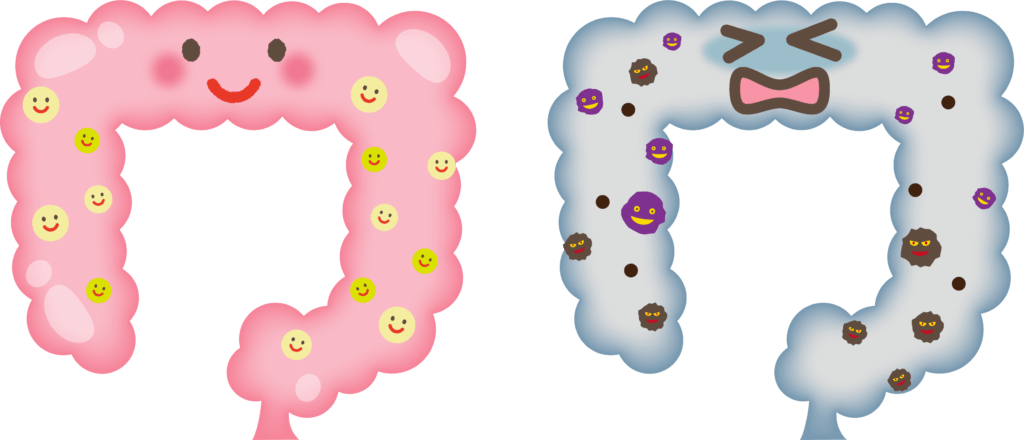
What are the Common Recommendations?
Fiber Green Tea – 500-600 milligrams (about 2 grams) per day in divided doses throughout the day – This dosage is based on studies showing that green tea increases levels of bile acids in the intestines leading to better digestion of foods intact. People who drink more green tea have lower rates of constipation than those who don’t drink much or none at all. It is worth noting that there are several concerns about this product:
• It may increase risk for liver injury.
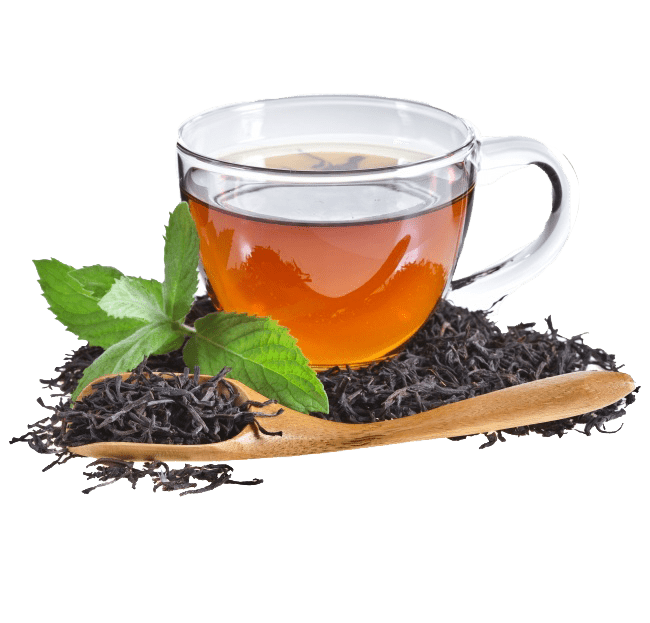
• Many users report bloating after taking their first dose so it may be best to start low and work up from there.
If your body doesn’t respond well to green tea though, check out another option instead. Black Tea – 300-500 milligrams per day – This dosage is based on studies showing that black tea increases levels of bile acids in the intestines leading to better digestion of food intact without causing bloating or other side effects like liver injury.
Traditionally people have used black tea for this purpose but now many products also contain black tea extract (from Camellia sinensis). Some experts recommend starting with 100 milligrams per day before increasing if needed.
How Much Fiber Do You Need?
Constipation is a condition where the intestine cannot empty due to fiber in too much quantities. It is a condition where the intestine is not able to absorb enough fiber. The typical symptoms of constipation are:
- Watery stool
- Stools are hard
- Stools stick to the toilet bowl
- It is painful when going to the toilet
There are many theories about what causes constipation. Among them, it can be induced by:
1) Low-fiber diet (unhealthy diet).
2) Lack of exercise.
3) Medications.
4) Improper drinking water.
5) Infection of the gastrointestinal tract.
Diet may have an effect on normal bowel movements. Some foods like beans, legumes and nuts may not be digested well by your digestive system. If you have suffered from constipation for a long time and it has not improved. You should consult your doctor or call a physician.
In order to get rid of constipation pain. They must know how much fiber they need to relieve their pain and discomfort during bowel movements.
They think too much or too little fiber intake leads to constipation problems. But this is simply not true! Fiber intake and stool consistency vary by individual person and does not depend on amount taken.
How to Choose a Good Fiber Supplement?
In the past, fiber supplements have been marketed as a way to lose weight. There are plenty of weight-loss products. But some promise to keep you fuller on less food, even when you eat large meals.
However, did you know that there are plenty of small fiber supplements that can help with all kinds of digestive woes?
The most common type of fiber supplements is soluble fiber. Soluble fibers such as those found in apples and pears can be digested and absorbed very quickly because they do not pass through the stomach or small intestine.
On the other hand, one reason why fiber supplements do not get digested so quickly is their structure. They dissolve in water before entering the intestines. This means that these supplements can be taken with a meal and will not interfere with your stomach’s ability to absorb nutrients from other foods around it.
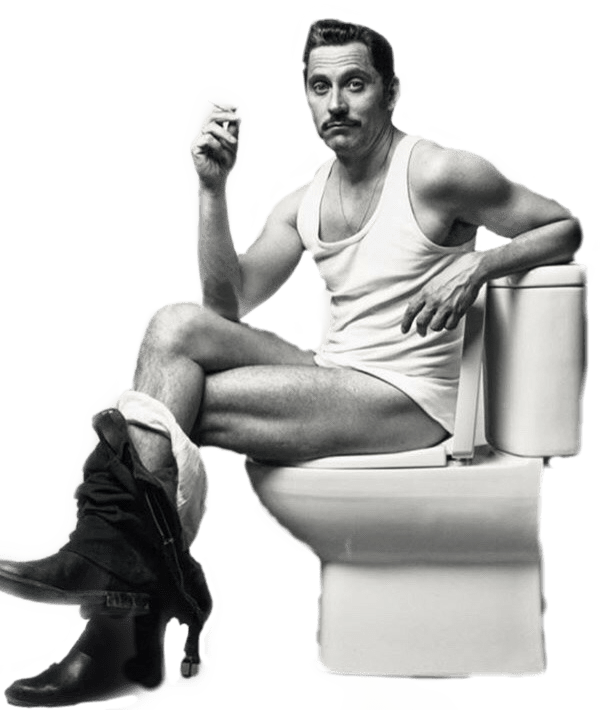
SCFA
This is why these supplements are often combined with prebiotics. Simple because it helps the gut produce and absorb immune-boosting substances called short-chain fatty acids (SCFAs).
Which are then converted into SCFAs by bacteria in the gut wall. Some prebiotics also help slow down digestion. Furthermore, it helps reduce food absorption by adding bulk to meals.
Increasing a long duration, it takes for macronutrients to leave your bloodstream after eating them rather than being quickly “digested”.
Many fiber supplements also contain chelated minerals such as calcium, magnesium or iron.
Which are easier for your body to absorb than their unaltered forms. If you’re looking for a supplement that has been specifically designed for constipation.
You also can search for products that include herbs like fenugreek extracts or ginger root powders because these ingredients slow down intestinal transit time. And help increase SCFAs production in the gut wall by blocking out fecal bacteria.
Moreover, it will reduce intestinal fermentation of food by harmful bacteria from outside the intestine walls and reduce intestinal gas production due to increased water content. This is particularly important if you have acid reflux disease.
What is The Best Way to Get More Fiber in Your Diet?
It is no surprise to find that most people are not getting enough fiber in their diets. There are many reasons for this, ranging from the common belief that fiber is bad for the digestive system (which it is), to the simple fact that people don’t like eating fiber-rich foods (which they don’t).
Fiber is an essential part of every diet, and eating more of it than you need should be a priority.
In addition, there are some other benefits to adding fiber to your diet. Fiber helps with digestion and absorption. Which helps lower cholesterol levels, among other things. It also reduces blood pressure and can help keep you regular. So, you won’t get constipated all the time!
There are two main ways in which fiber can be added to your diet:
• Fiber-enriched foods: For example, whole grains (such as brown rice) or whole wheat breads and pastas. These should always be eaten with meals!
• Fiber supplements: The most common type of dietary supplement containing fibers has a specific name for it: prebiotic. This means “Prebiotic Fiber” or “Prebiotics”. One of these supplements is called “Probiotics”. It contains prebiotics (namely fructooligosaccharides such as inulin) and probiotics (such as bifidobacteria). The combination of these two types of bacteria helps build up your digestive tract lining. Helping you absorb more nutrients from food. Probenecid (which is also called fish oil or vitamin E) can also help with this process by helping increase production of bile acids (which break down fats into smaller bits).
